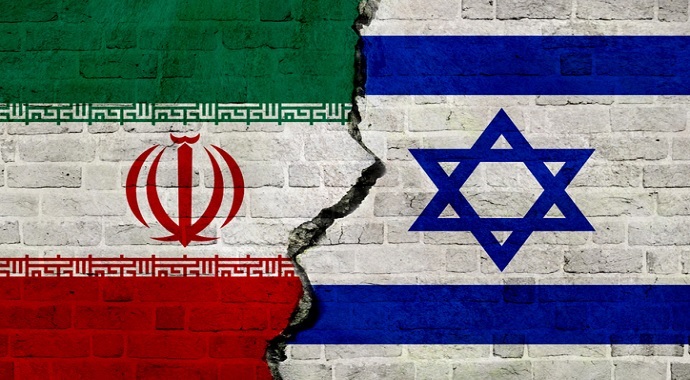Tensions in the Middle East have reached a critical point following a direct strike by the United States on three of Iran’s major nuclear facilities. Explosions rocked Tehran, including a reported Israeli missile strike on the entrance to the capital’s notorious Evin Prison, in what officials are calling a coordinated Israeli campaign targeting both military and governmental sites across Iran.
The attacks on the Fordow, Natanz, and Isfahan nuclear facilities, described by the International Atomic Energy Agency (IAEA) as involving ground-penetrating munitions and cruise missiles, have escalated into a broader regional conflict. Iran retaliated with waves of missiles and drones, striking multiple cities in Israel. While the full extent of the damage remains unclear, the strikes mark a dramatic escalation of hostilities and a direct confrontation among Iran, Israel, and the United States.
In a rare move that signals a widening of military objectives, the Israeli Defense Forces targeted Evin Prison, a high-security facility housing political prisoners, dual nationals, and government critics. The operation marks a shift in Israeli strategy, extending beyond purely military targets to the symbolic and institutional pillars of the Iranian regime.
Amid the spiraling crisis, Iran’s Parliament Speaker Mohammad Baqer Qalibaf announced that the legislature is weighing legislation to suspend all cooperation with the IAEA. Qalibaf insisted that Iran has no intention of pursuing non-peaceful nuclear activity but accused the UN nuclear watchdog of failing to maintain its neutrality and professionalism, alleging it had become politicized.
In Vienna, IAEA Director General Rafael Grossi convened an emergency session of the agency’s Board of Governors. Grossi confirmed that key Iranian nuclear sites had been significantly damaged, though off-site radiation levels remained unchanged. He warned that the conflict presents a grave threat to the global non-proliferation regime and called for the immediate restoration of IAEA access to Iranian facilities, including those housing uranium enriched to 60 percent purity. Grossi also revealed that inspectors remain in Iran and are ready to resume oversight operations.
“The current trajectory is deeply concerning for international security,” Grossi told the assembled board members. “We must prioritize diplomacy and the technical role of the IAEA, not allow it to be undermined by geopolitical agendas.”
The regional impact has already begun to ripple outward. Major energy companies, including Eni, BP, and Total Energies, began emergency evacuations of foreign staff from Iraqi oilfields. Iraq’s state-run Basra Oil Company confirmed the move amid fears of broader conflict. Meanwhile, the U.S. Embassy in Qatar issued an urgent advisory instructing American citizens to remain indoors due to the volatile security situation.
In Moscow, Russian President Vladimir Putin met with Iranian Foreign Minister Abbas Araghchi, expressing strong support for Tehran and condemning the strikes by the U.S. and Israel as an “unprovoked act of aggression.” Putin reaffirmed Russia’s commitment to its strategic alliance with Iran, while noting that he had held recent consultations with U.S. President Donald Trump, Israeli Prime Minister Benjamin Netanyahu, UAE President Mohammed Al Nahyan, and Iranian President Masoud Pezeshkian.
Araghchi, in turn, thanked Russia for its support and denounced the attacks as illegal violations of international law. He emphasized Iran’s right to defend its sovereignty and stated that Tehran would continue to work closely with Moscow amid the growing crisis.






